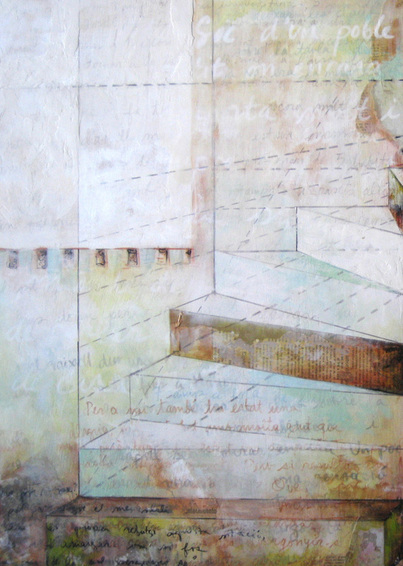Analytic Psychotherapy in Mallorca
|
Group Analysis refers to a conceptual framework first put forward by Trigant Burrow in the U.S. and further developed by S. H. Foulkes in England. It's based on classical and, more recently, modern psychoanalytic thought. The essence of the group process can be summarized simply: the group is the therapeutic agent of change, and the focus within the group is on resistance analysis.
I find the work of the Modern Analytic School (H. Spotnitz, L. Ormont) particularly stimulating. The modern group is interactive and dynamic; the group, rather than the therapist, is where the nexus of power lies. Various techniques to create and sustain the therapeutic environment have been developed, particularly those that encourage emotional communication. Past, future, and outside concerns are refocused into the "here and now." The modern group is interactive. Its forte is its ability to create an emotional climate that will enable the group to act as a therapeutic, maturational agent. Emotional education teaches group members how to gain access to their feelings, understand them, and use them constructively. Emotional communication cultivates expression of feelings among group members. |
Article in ENKI magazine, September-October 2012 (Spanish)
Article in ENKI magazine, November-December 2012 (Spanish)
Article in ENKI magazine, January-March 2014 (Spanish)
"Orchestrating a Group". Article in ENKI magazine (April-June 2014) in Spanish, adapted into English for Group-Analytic Contexts June 2014 (English)
Article in ENKI magazine, July-September 2014 (Spanish)
Article in ENKI magazine, October-December 2014 (Spanish)
Article in ENKI magazine, January-March 2014 (Spanish)
"Orchestrating a Group". Article in ENKI magazine (April-June 2014) in Spanish, adapted into English for Group-Analytic Contexts June 2014 (English)
Article in ENKI magazine, July-September 2014 (Spanish)
Article in ENKI magazine, October-December 2014 (Spanish)

